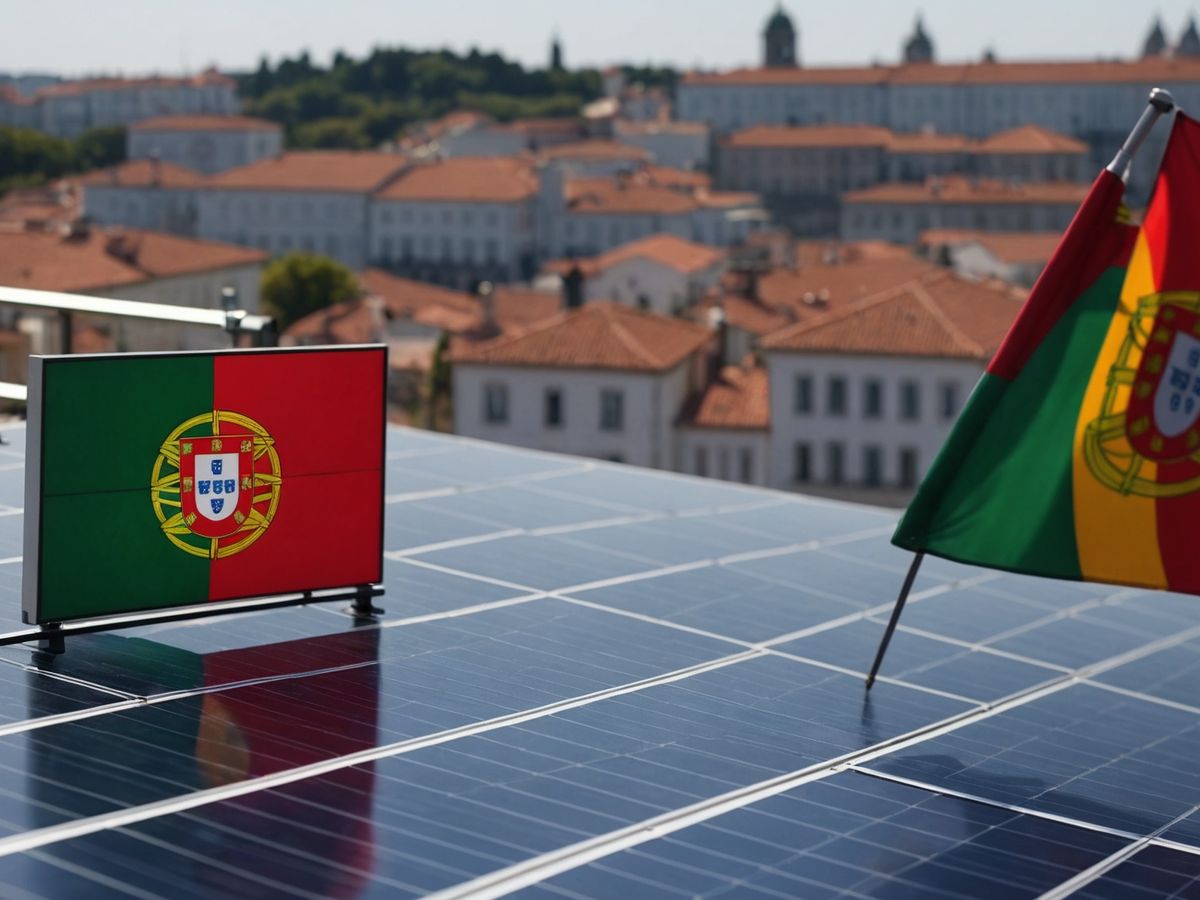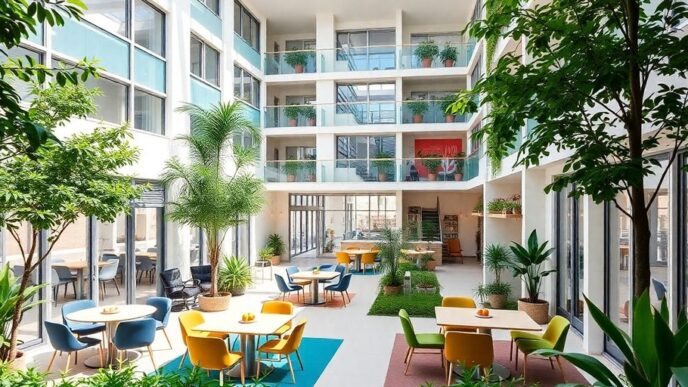Portugal’s solar thermal market has experienced a significant downturn for the second consecutive year. In 2012, the national solar industry association APISOLAR reported a 29% decrease in newly installed solar thermal area compared to the previous year. Despite a new incentive program, companies are finding it difficult to stay afloat.
Key Takeaways
- The Portuguese solar thermal market saw a 29% drop in newly installed area in 2012.
- A new incentive program with a EUR 1.5 million budget was launched to boost the residential sector.
- Companies are struggling to adapt to the market conditions, with some unable to continue operations.
Market Decline and New Incentives
The Portuguese solar thermal market has been on a downward trajectory, with only 90,896 m² of newly installed area in 2012. This was a 29% drop from the previous year, although it was better than the 45% decline initially forecasted. The slight improvement is attributed to rising energy prices in Portugal.
To counteract the decline, a new incentive program with a EUR 1.5 million budget was introduced at the end of 2012. This program aims to support the residential sector, but bureaucratic hurdles have made it difficult for companies and end-users to benefit from it.
Struggles of Solar Companies
Portuguese solar companies are finding it challenging to keep their businesses running. Miguel Gomes, Product Manager at Canalcentro, a solar thermal system importer, stated, "We are getting out of this alive. The market almost came to a halt. There are only a few projects, which have helped us to survive." Companies are being forced to adapt their business strategies, lower profit margins, and launch discount campaigns to stimulate the market.
Pedro Correia de Carvalho, CEO of collector manufacturer Richworld Renewables, confirmed the need for new business strategies. "Sales have not stopped entirely because we are working hard on that, but the market is very weak," he said. The economic situation of families and the country, along with severe winter conditions, have contributed to the market’s stagnation.
The Case of Vajra
Not all companies have managed to survive. Vajra, a well-established system supplier from the Algarve, closed its doors in February 2013. The company’s rigid internal structure made it difficult to adjust to fluctuating demand. The stop-and-go nature of incentive schemes also played a role in its downfall.
In 2009 and 2010, the Medida Solar Térmico (MST) incentives led to a boom in the Portuguese solar market. However, when MST ended, companies were left hoping for new incentives that never materialized. Vajra’s former Managing Director, Rafael Ribas, explained that the company was in a good market position but was affected by the bankruptcy of many construction companies and delayed payments from clients. Financial institutions were also hesitant to offer bridging loans, leading to Vajra’s inability to pay its suppliers.
Ribas made efforts to save the company, but the required capital was too substantial. As a result, Vajra ceased operations in early 2013.
Sources
- Portugal: Solar Companies Struggle to Keep Business Running | Solarthermalworld, Solarthermalworld.













